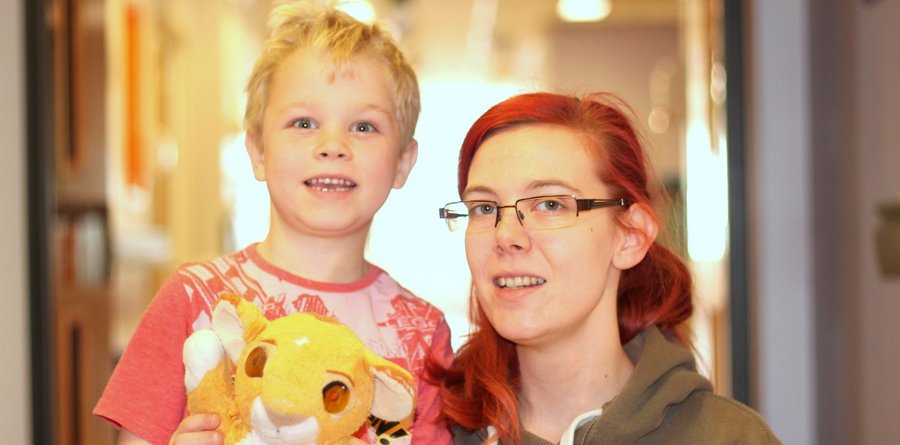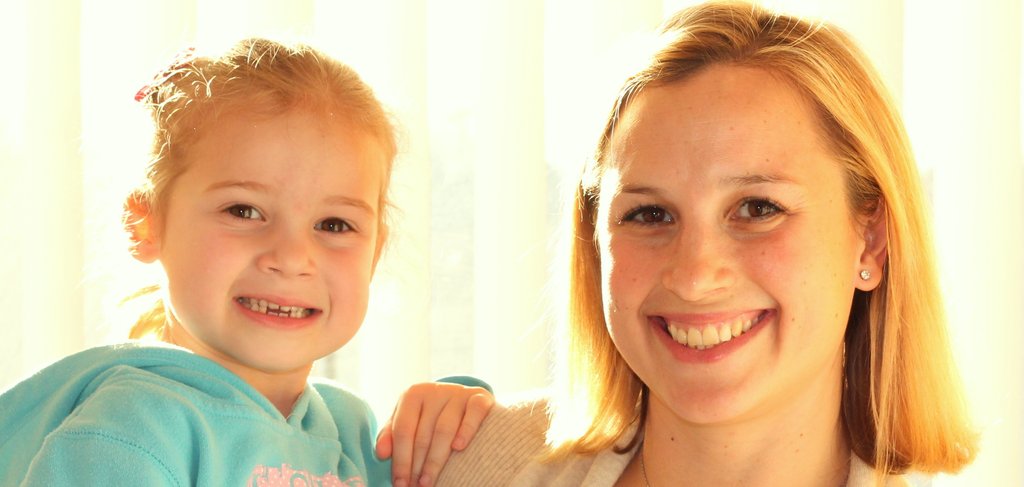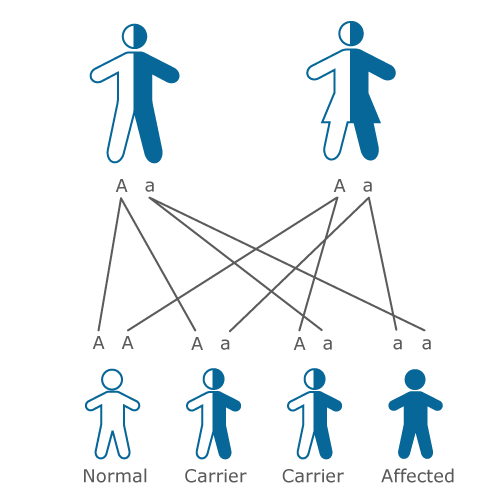

 |  | Search Home Find us Feedback |
 |  |
Information for children, teenagers and families | |
Genetic counsellingMany families who have had a child with CF and who are planning future pregnancies would like to have information about the chances of another child being affected, and what can be done to test future pregnancies. This advice is provided by the clinical genetics service. If any families would like to have a consultation with the clinical genetics service please ask you CF team and they will make a referral for you. Background informationCystic fibrosis is a genetic condition (see the tab on 'About CF'). To be affected, an individual must have inherited 2 damaged copies of the CF gene, one from each parent. People have one damaged copy and one normal copy of the CF gene are called CF carriers or heterozygotes. When 2 people who are both carriers have a child, the chances of that child having CF is 1 in 4. 
Testing before pregnancy - pre-implantation genetic diagnosisPre-implantation genetic diagnosis (PGD) can be used to select unaffected embryos. In the PGD process, a number of eggs are obtained and fertilised in a special laboratory. The fertilised embryos develop for three days and then one or two cells are removed from each embryo. The genetic material (DNA and chromosomes) from the cells are tested for cystic fibrosis. Up to two unaffected embryos are then transferred into the uterus. If the pregnancy is successful, the baby should not be affected. Couples who are known to both be carriers for CF (as all parents of one affected child will be, are eligible for 3 cycles of PGD - provided they meet some general criteria to do with age, BMI and smoking. Referral for PGD must be made by an NHS clinical genetics service. See this pdf document for more details. Testing during pregnancyThere are 3 tests that can be done during pregnancy to see if the baby is affected. One is called chorionic villus sampling. CVS is usually carried out between the 11th and 14th weeks of pregnancy. There is a good NHS page about this test - click here. Another test is called amniocentesis. Amniocentesis is usually carried out during weeks 15-20 of the pregnancy. There is also good NHS page about this test - click here. A newer way of finding out if a developing baby is affected is called the Non-invasive prenatal diagnosis (NIPD) or testing (NIPT) and is based on a maternal blood test. This can be done from 9 weeks of pregnancy. It may not work for every combination of mutations, so it is important to discuss this with the clinical genetics department well in advance. |